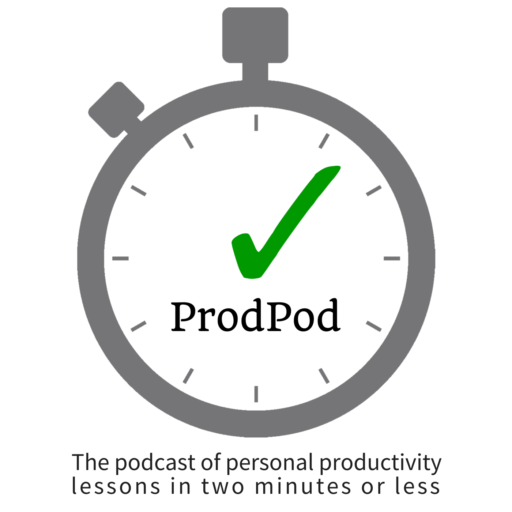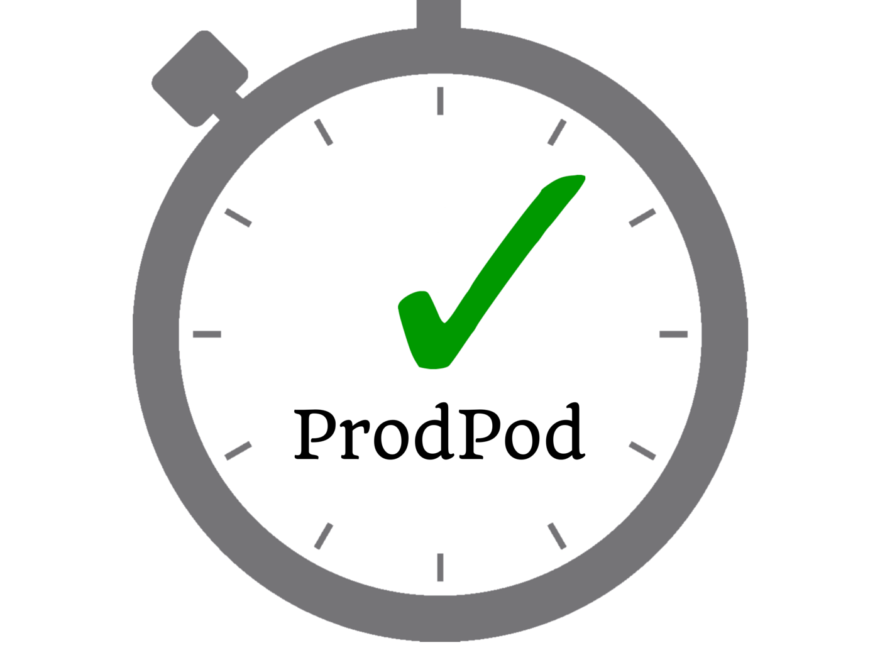Without focus, almost nothing can get done. Yet distractions abound in our everyday work and personal lives. If everything and anything has your attention, then nothing really ever gets the appropriate attention it needs. Focus is a key skill in any productive person’s life and here are my thoughts on how one can work on overcoming distractions.
Three Categories of Distraction
First, I lump distractions into three categories: mental, outer, and social distractions. Mental distractions are internally generated thoughts that diffuse your focus. Outer distractions are any distractions that come from your environment, be it a smartphone notification, a new email in your inbox, or noticing that your wall art is crooked in your office. And, social distractions come from when others disturb your focus.
So, for each of these, you need to learn how to recognize the distraction, then manage your focus and productivity when they happen. Here are some suggestions on overcoming distractions of each kind.
Mental Distractions
I’ve been an ardent advocate of meditation for greater productivity and focus for many years.
Use capture tools that you trust, so you can park a thought and know you will safely be able to return to it at a later point. Often, mental distraction comes from boredom or lack of challenge, so learning how to recognize these gives you the leverage to come up with options to combat them. There’s no magic bullet here as you really need to know yourself well enough to devise appropriate interventions. Likewise, I’d be remiss if I didn’t note the important of single-tasking (that is, not multi-tasking), as focusing on one task at a time is a surefire way to keep mental distractions in check.
Outer Distractions
I feel like I’m decently focused most days and able to overcome distraction pretty well. However, my major distraction is Social Media, because it’s such a large part of my professional life. Identify your top outer distractions and establish time limits when you recognize you’ve gone down that rabbit hole. If I’m on Twitter, I’ll set a time for five minutes. This provides my brain with the dopamine it’s seeking, while establishing a limit I can keep and then get back to being productive.
Social Distractions
Each kind of focused work requires its own time and location–be it creative, evaluative, reflective, or deductive work. I change locations regularly throughout my workday when I’m in the office based on the work I’m doing, and I let others know what places are best not to disturb me. In cases where that doesn’t work, I simply close my door and turn off my phone. Other times I put a note on my dry erase board outside my door so people know when they can come back to see me. For those in an open office environment, you may need to invest in some proper noise-canceling headphones and a little “Do Not Disturb” sign on your desk. Remember, there’s a difference between controlling your environment to be productive, and being aloof and antisocial.

